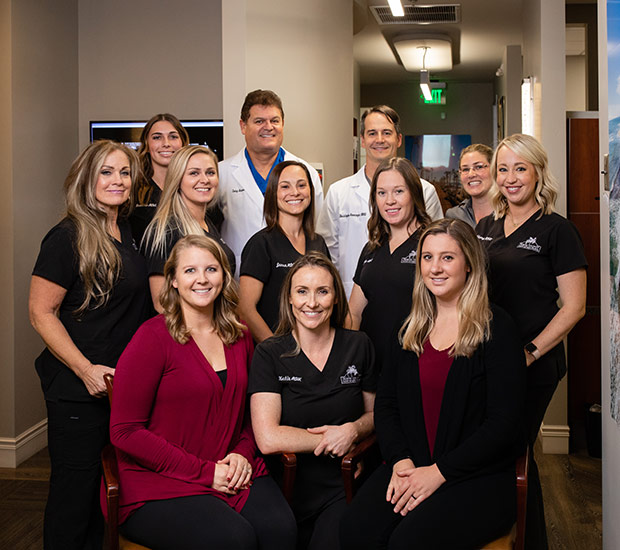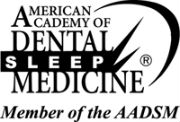General Dentistry Considerations for Special Needs Patients

For an assortment of dental care services, general dentistry can handle just about anything you need. A general dentist has the knowledge and training to address various conditions in people of all ages. The dentist can also help patients that may have physical, mental, or emotional challenges. If you have a family member with special needs, you should be aware of what the dentist will do and what an appointment will be like.
What patients and caregivers can expect at a checkup
Patients should go to the dentist’s office every six months for routine checkups and cleanings. The patient will first have X-rays to give the dentist a view of the health of the teeth and jaw. Next, the hygienist will clean the teeth with an ultrasonic tool, which will remove any plaque or tartar buildup. The hygienist also polishes the teeth and may floss them as well.
Some general dentistry offices do fluoride treatments too. At this point, the dentist will examine the patient. The dentist will look for signs of decay, gum disease, oral cancer, and damage to the teeth. There will also be time for questions and answers from the patient and parents.
Help with daily care
Parents with special needs children should not expect a general dentistry office to handle every aspect of dental care. All people need to brush and floss each day, as these activities will help to prevent cavities, infections, and gum disease. Caregivers of special needs patients should help with these duties. Doing so will ensure the individual is effectively cleaning their teeth and gums. If the person is capable of doing these things alone, it may still be helpful to give consistent reminders to do so.
Never miss an appointment
General dentistry will handle checkups as well as treatments for major dental issues. Keeping on a schedule of seeing the dentist twice a year will help to ensure good oral health. Special needs patients may need even more attention. Going to the dentist every few months may make sense in these cases.
Make sure the general dentistry office is aware of the person’s challenges
Regardless of the individual’s age, the caregiver should inform the dentist and staff of the needs the patient has. Discuss physical limitations as well as anxieties that the patient has about the dentist’s office. As the dentist and team members know of these issues, they can be prepared to accommodate the patient. Caregivers should be available to go with the patient into the exam room and be there throughout the visit if necessary. It may also be good for the special needs patient to meet the dentist and hygienist ahead of time. This can help the patient feel more at ease.
Give your loved one the right care
All people need to give high priority to oral health care. For special needs patients, this is particularly crucial. The general dentistry office you visit will treat your loved one with compassion and consideration. As you follow these guidelines, you and the special needs individual can have a good experience.
Are you considering general dentistry in the Vista area? Get more information at https://www.ultimatesmiles.com.
Check out what others are saying about our dental services on Yelp: General Dentistry Services in Vista, CA.
Recent Posts
Maintaining good oral health is essential for overall well-being. One of the key professionals who play a vital role in ensuring optimal oral health is the Registered Dental Hygienist (RDH). Let’s explore how regular visits to your RDH contribute to your overall health while giving you a healthy smile.The term “Certified Dental Hygienist” is actually…
Preventative dental care is essential for maintaining good dental health. Regular check-ups with a dentist can help identify and address potential dental issues before they become more serious. North County Cosmetic and Implant Dentistry in Vista, CA offers a range of preventative dental services to help patients achieve and maintain healthy teeth and gums.One of…
Among the most common dental problems that a general dentist treats are cavities. Most people will experience this form of tooth decay at some point due to:Dry mouthSugary foods and drinksPoor oral hygieneGeneticsThere are several types of cavities, and each can lead to complications without prompt treatment.A general dentist first considers a cavity's location when…
Receding gums are a common problem that can affect anyone, especially people with gum disease, past orthodontic work, or aggressive brushing habits. While outside issues could cause receding gums, it also could be triggered by hereditary influences, or even just from aging. In short--there are lots of reasons your gums could be receding! This is…







